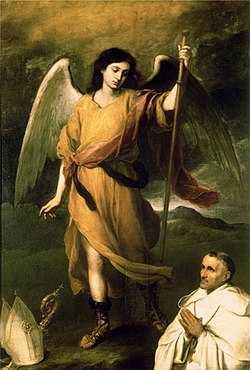@User46952
Some more things to consider when we speak of the difference between natural vs supernatural healing.
1. When healing is supernatural, the power of the Holy Spirit is what carries out the healing, by bringing life into the body that is sick:
Luke 8:42-46 As Jesus was on his way, the crowds almost crushed him. And a woman was there who had been subject to bleeding for twelve years, but no one could heal her. She came up behind him and touched the edge of his cloak, and immediately her bleeding stopped.
“Who touched me?” Jesus asked. (...) “Someone touched me; I know that power has gone out from me.”
2. Healing by natural means happens gradually or slowly over time. But when the God heals someone supernaturally, the Bible states it was done on the spot, also using phrases like "in the same hour", or "immediately":
Luke 8:47-48 Then the woman, seeing that she could not go unnoticed, came trembling and fell at his feet. In the presence of all the people, she told why she had touched him and how she had been instantly healed. Then he said to her, “Daughter, your faith has healed you. Go in peace.”
also see example in verse 44 earlier, "and immediately her bleeding stopped."
People at the pool were getting well instantly on the spot, and not slowly over time.
Some more things to consider when we speak of the difference between natural vs supernatural healing.
1. When healing is supernatural, the power of the Holy Spirit is what carries out the healing, by bringing life into the body that is sick:
Luke 8:42-46 As Jesus was on his way, the crowds almost crushed him. And a woman was there who had been subject to bleeding for twelve years, but no one could heal her. She came up behind him and touched the edge of his cloak, and immediately her bleeding stopped.
“Who touched me?” Jesus asked. (...) “Someone touched me; I know that power has gone out from me.”
2. Healing by natural means happens gradually or slowly over time. But when the God heals someone supernaturally, the Bible states it was done on the spot, also using phrases like "in the same hour", or "immediately":
Luke 8:47-48 Then the woman, seeing that she could not go unnoticed, came trembling and fell at his feet. In the presence of all the people, she told why she had touched him and how she had been instantly healed. Then he said to her, “Daughter, your faith has healed you. Go in peace.”
also see example in verse 44 earlier, "and immediately her bleeding stopped."
People at the pool were getting well instantly on the spot, and not slowly over time.
-
1
-
1
- Show all






